
October 2020
- FACILITY SAFETY: The Supervisor’s Crucial Role in Safety Performance
- FACILITY SAFETY: EHS Compliance: Make It Personal
- FACILITY SAFETY: Gearing Up for Slip,Trip and Fall Season
- IH: INDOOR AIR QUALITY: New Approaches to Indoor Air Quality
- IH: INDOOR AIR QUALITY: Implementing the Right Air Distribution System
- IH: INDOOR AIR QUALITY: Maintaining Indoor Air Quality: Common Sense First
- PPE: FOOT PROTECTION: Choosing the Right Safety Shoe for Your Industry
- PPE: FOOT PROTECTION: The Pharmaceutical Industry Needs the Right Anti-Fatigue PPE
- PPE: VISION PROTECTION: Eye Protection: Identify Risks, Squash Complaints & Choose Wisely
- PPE: FALL PROTECTION: Preparing New Hires for Fall Protection
- PPE: HAND PROTECTION: A Requirement Checklist for Work Safety Gloves
- HEARING PROTECTION: Three Steps for Mitigating Hearing Loss in the Workplace
- TRAINING: MATERIALS HANDLING: Mitigate Spill Risks: Storing and Handling Hazardous Chemicals
- EMERGENCY PLANING: Planning for the Unanticipated Emergency—Are You Ready?
- EMPLOYEE GIFTS & INCENTIVES: What You Need to Know about Employee Incentives and Rewards
- MONITORING: Walk the Line: The Importance of Fence Line Monitoring in Construction
- DEFIBRILLATORS & CPR: The Pandemic is Reshaping Common Training and Procedures
- CONFINED SPACES: Expert Tips for Working Safely in Confined Spaces
- COVID-19 MANAGEMENT: Contemporary Issues in HSE Management
- WORKPLACE TESTING: Even in a Pandemic, Workforce Drug Testing is Still Necessary
Cover Story

By Ray Prest
Are your frontline leaders and shift supervisors helping or hindering your workplace safety efforts?
Features
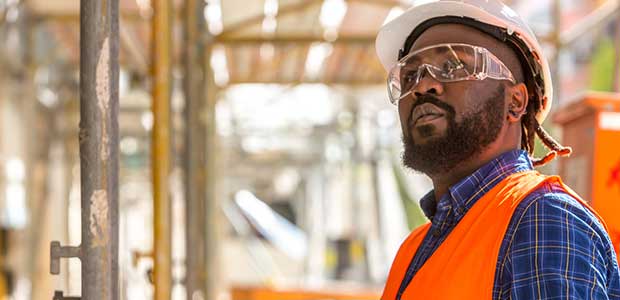
By Kraig Haberer
Safety professionals are the bridge between those worlds—corporate safety/compliance programs and the frontline work. Therefore, it’s imperative that your health and safety programs meet your workers where they’re at.

By Tom Burgess
Determining the quality of indoor air begins with managing expectations, and having standards in place.
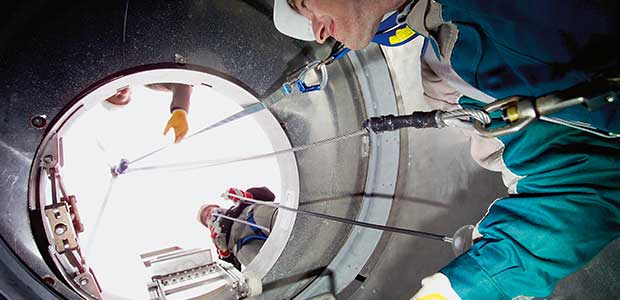
By Mark Heuchert
Water treatment workers that enter ducts, manholes and vaults frequently must know these safety tips for confined spaces.
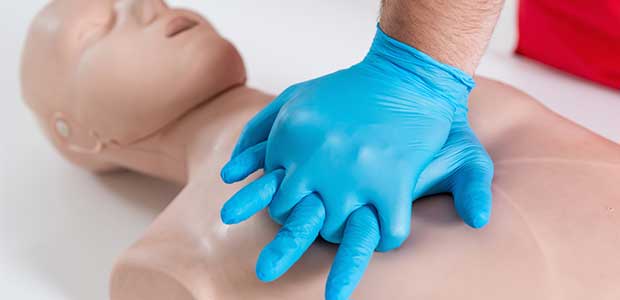
By Sydny Shepard
As workers trickle back into the workplace, it is important to revise daily, weekly, monthly and annual procedures to mitigate the risk of the coronavirus, including AED/CPR training.

By G. C. Shah
Post-COVID-19, HSE management will confront new challenges and will have new tools and opportunities.

By Bill Warshauer
Here’s how you can create reward programs that encourage safety, resonate with your employees and create engagement and loyalty.

By Lino Patino
As the seasons change, you must consider the different hazards they bring.
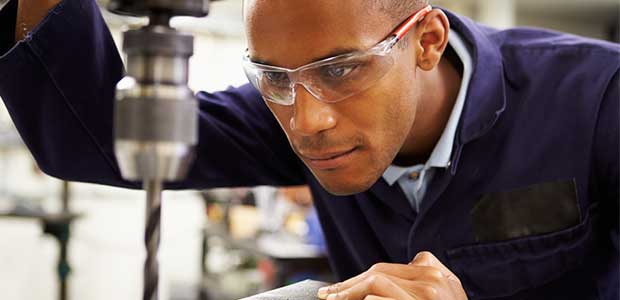
By Chris Cota
Why do workers willingly put their eyeballs at risk by foregoing protective eyewear?
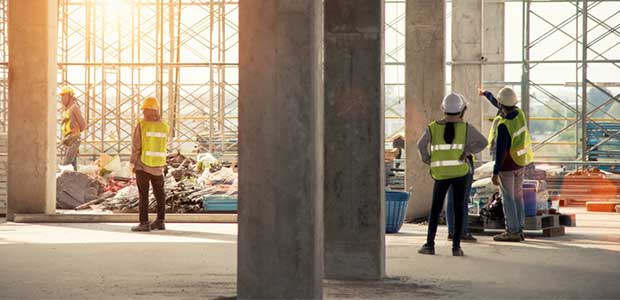
By Tim Turney
Establishing a system of effective perimeter monitoring is essential to the success of construction projects.
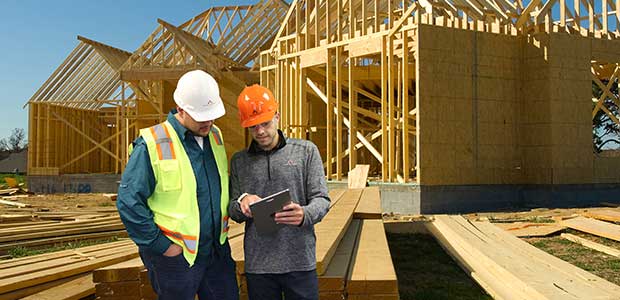
By David Ivey
How to train and equip new hires to ensure they understand and wear fall protection gear.
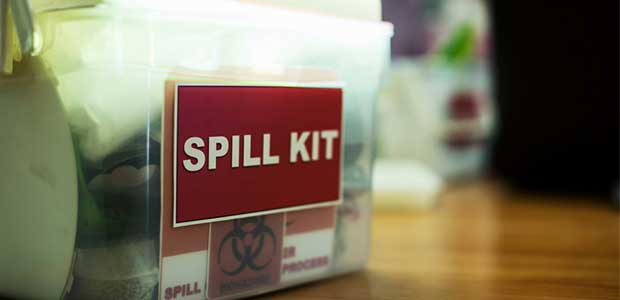
By Andy Brunhuber
With effective liquid control management in place, you can protect workers from exposure and prevent accidental releases into the environment.

By Jane Gonda
If footwear does not provide sufficient support, the worker may not wear it leading to several opportunities for injury.

By Dr. Kevan Orvitz
If this past year has proven anything, it has proved that anti-fatigue precautions are needed for an already overworked industry.

By Barry Sample
Recent drug testing data and patterns shows that workforce drug testing remains an absolute necessity.
By Jeffrey Birkner, Chris Arey
Employers should perform a three-step process in order to best determine how to mitigate potential hazards and implement safety protocol.
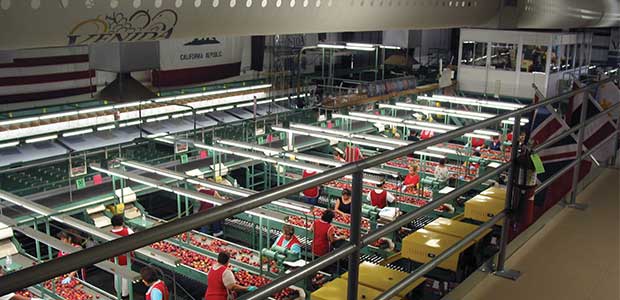
By Gerry Flores, Phil Sloan
Air conditioning was cost prohibitive because of the mezzanine’s openness to the rest of the facility. However, evaporative cooling could operate less expensively than air conditioning and lower the mezzanine temperature.
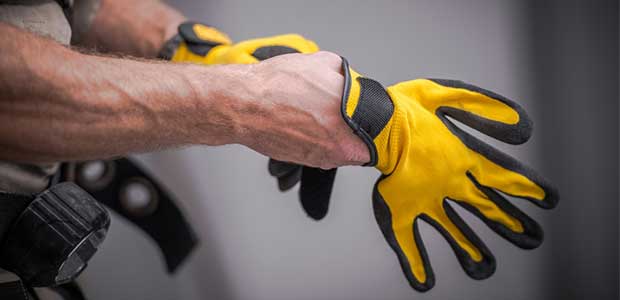
By Joe Geng
When accidents occur, the proper set of gloves can save a worker’s hand.

By Andy Olson
Good indoor air quality (IAQ) can mean a number of things. Here are some factors to consider when evaluating the safety of your air environment.
Departments
By Robert Pater
Leadership is more than just the techniques someone employs; it’s about what someone believes, what they see, how they respond, how they are in the world.
By Sydny Shepard
The safety industry continues to see developments in innovation and technology despite no trade shows to show off new products in person.